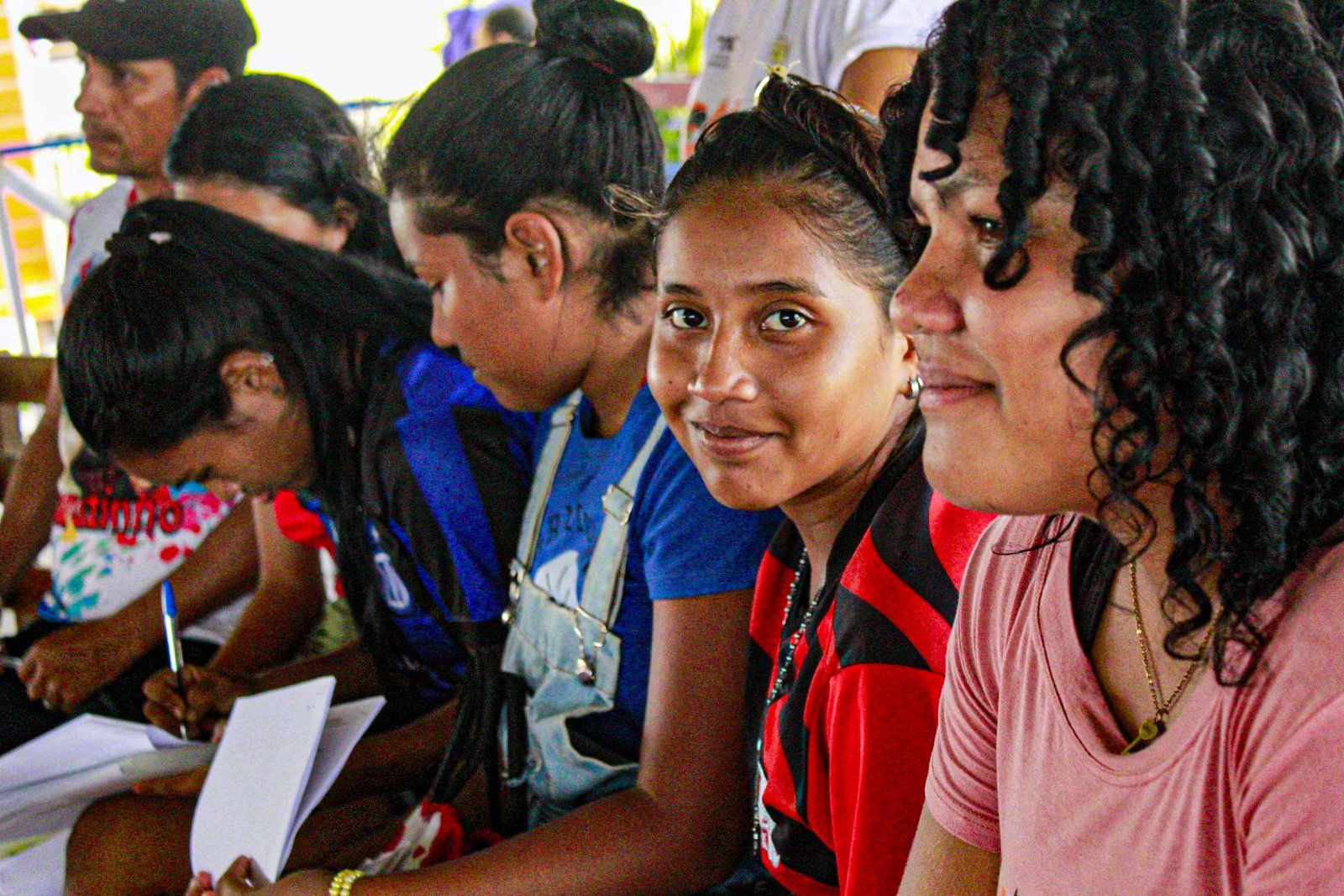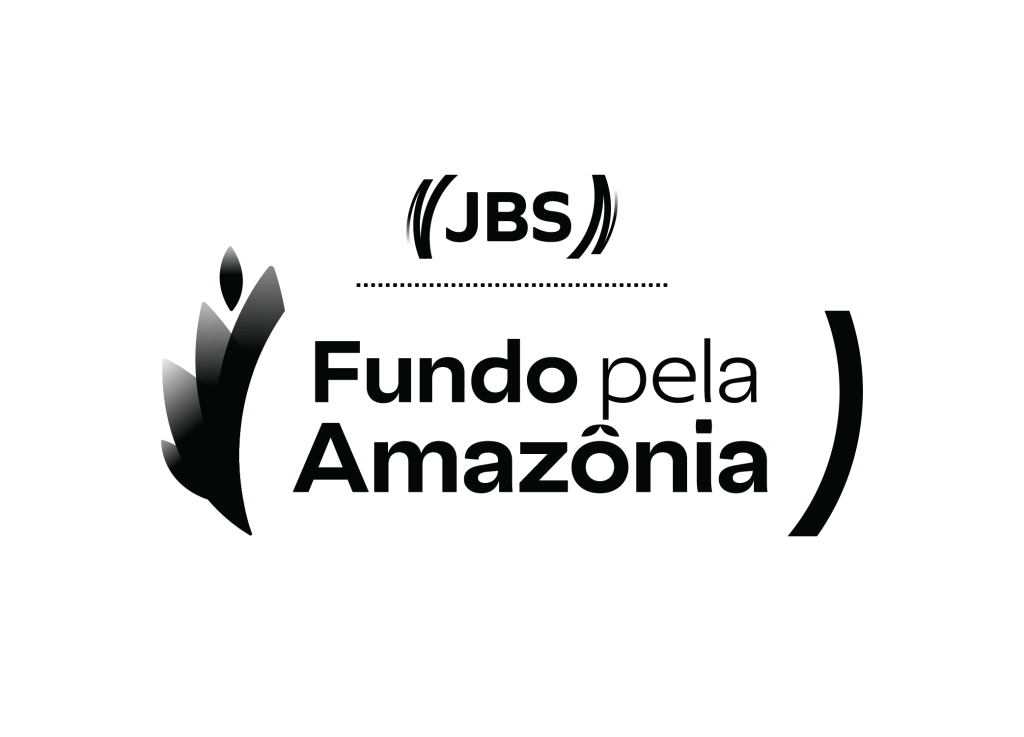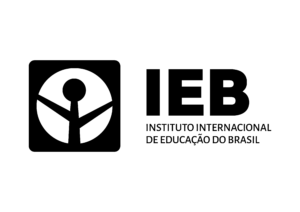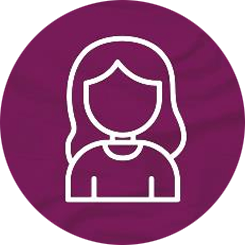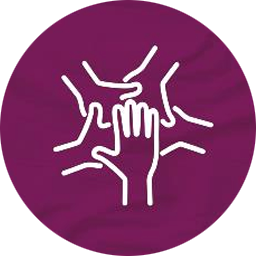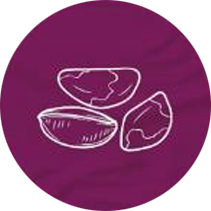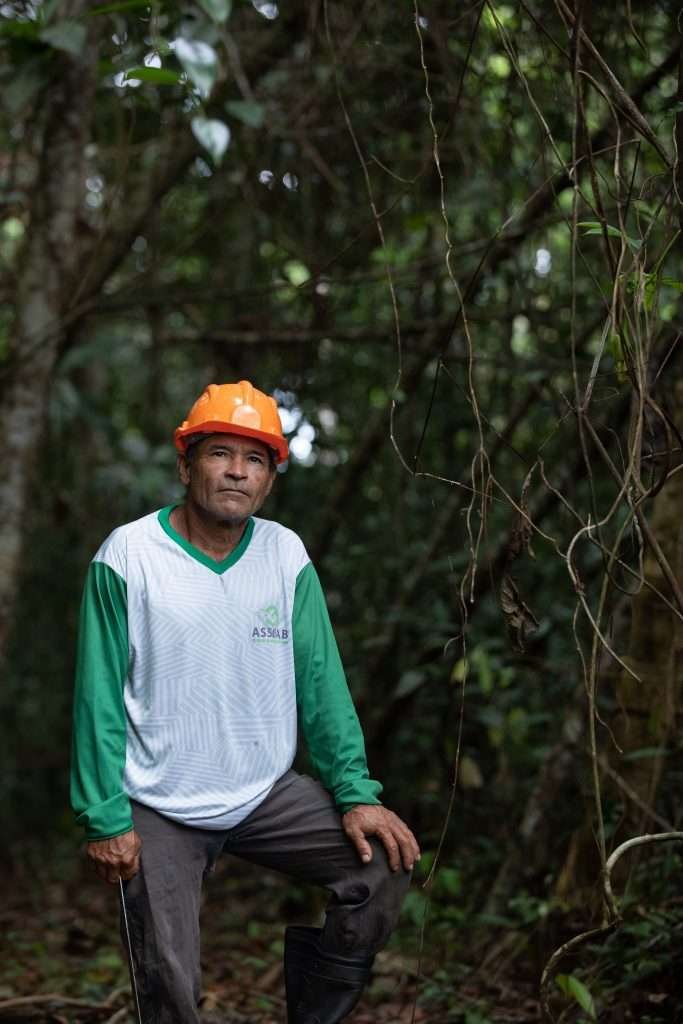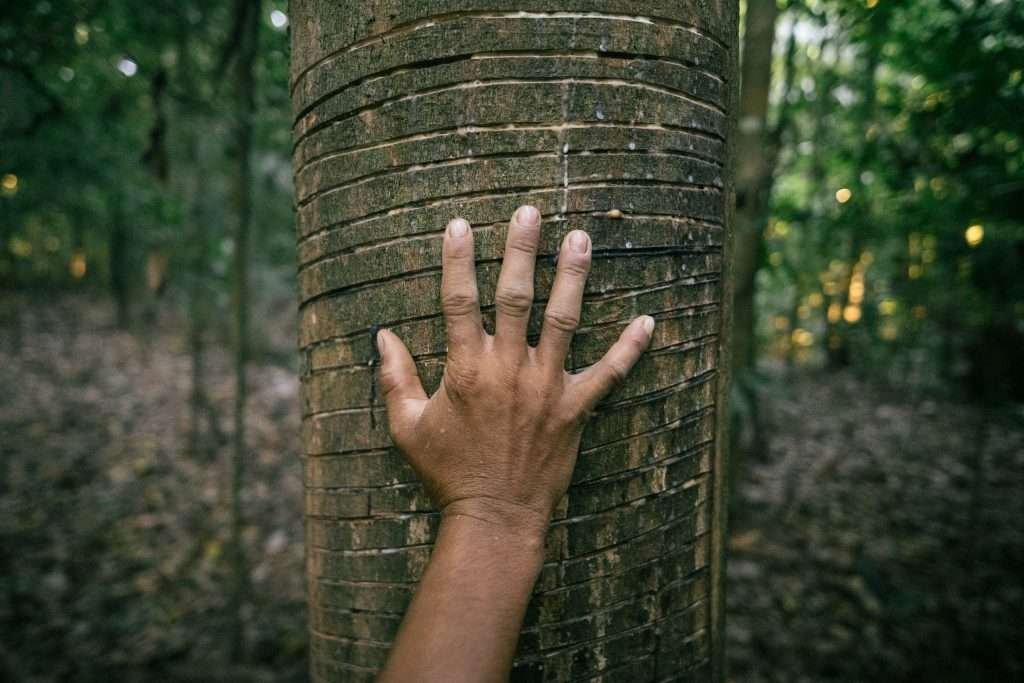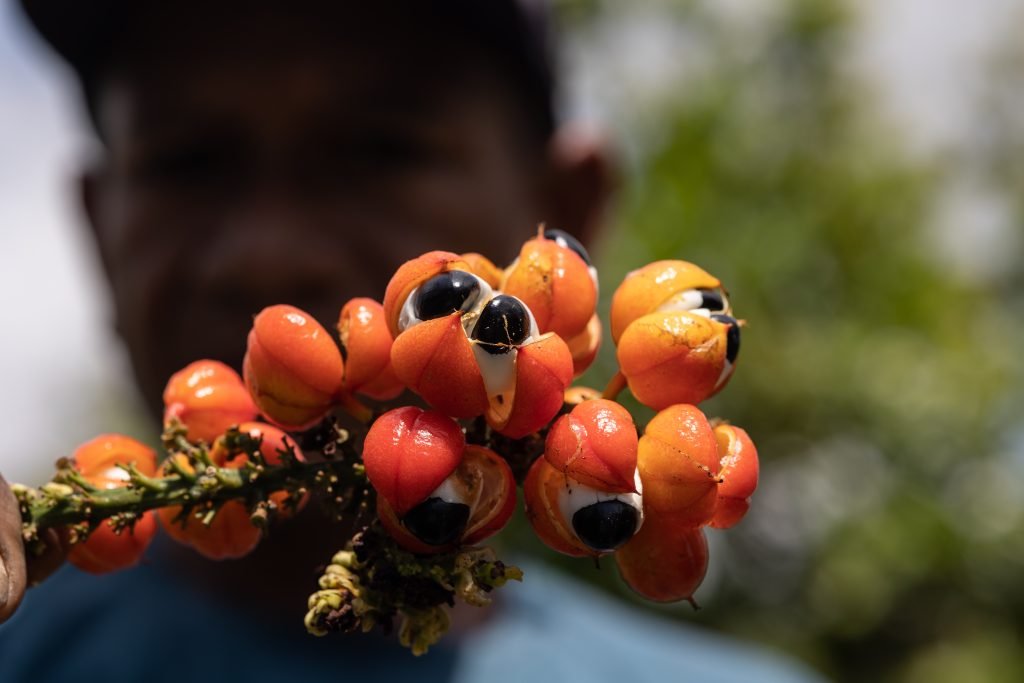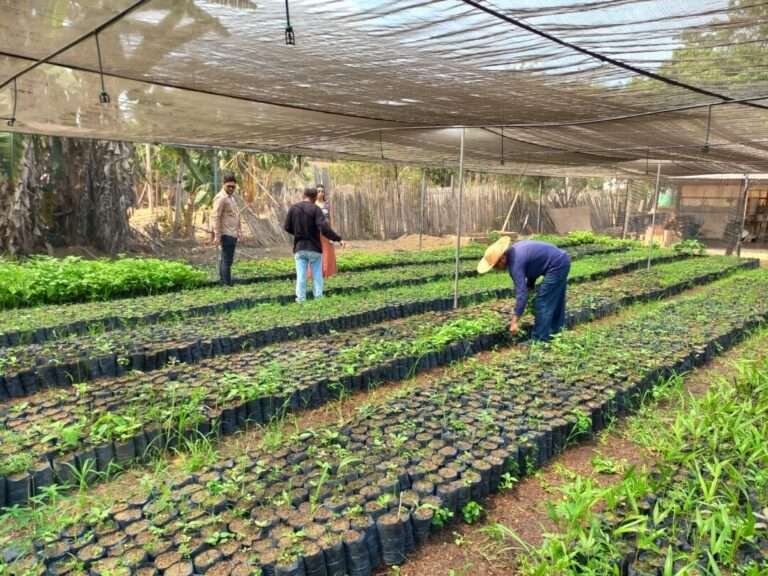The project Sowing Sustainability seeks to strengthen community and collective enterprises of agroextractivist women in Amapá, through ongoing training focused on management systems for production processes, territorial governance and entrepreneurship. The initiative is coordinated by International Institute of Brazil (IEB), with investment from JBS Fund for the Amazon and of the Partnership Platform for the Amazon (PPA); and institutional partnership of Bioversity/CIAT Alliance and of the Cooperative of Agroextractive Producers of Bailique and Beira Amazonas – Amazonbai.
Approximately 80% of Amapá's area is covered by forests and more than 73% of its territory are Protected Areas such as Conservation Units, Indigenous Lands and Quilombola Territories, where extractivists, indigenous people, quilombolas, artisanal fishermen and riverside dwellers live. Despite being the most preserved state in the Amazon, Amapá is under pressure from activities such as illegal logging, grain agribusiness, extensive livestock farming, mining activities and oil extraction.
Sociobiodiversity stands out as a theme that characterizes the productive vocation in the State, a context in which the exploration of non-timber forest products, carried out by traditional peoples and communities, is gaining increasing importance and is presented as an alternative for maintaining the forest standing, environmental conservation and socioeconomic development.

